This is the third and final blog in my series on incontinence in partnership with Depend. If you missed the first on the stigma of incontinence and a podcast talking to two women on exercising with incontinence, I recommend you catch up on those.
Incontinence is a very common condition. Research by Depend found that one in five British women are affected by incontinence every day.
But despite the number of women experiencing symptoms, it’s something that’s hardly ever spoken about. I asked GP, Dr Sara Kayat, why she thinks this is.
“Perhaps people don’t talk about it because of the incorrect perception that this is a condition of the elderly, embarrassment, or the fact most women do not identify their symptoms as incontinence.”
Being able to identify with a condition means that you are able to get help and advice for it. So the fact that so many women don’t think of light bladder leakage as incontinence, is stopping them from accessing help and affecting their quality of life.
There are many possible causes of incontinence. It can be due to pregnancy, childbirth and menopause, all of which affect a woman’s pelvic floor muscles and supportive tissue. But it can also be a warning sign of more serious conditions, making speaking to your GP even more important. But the embarrassment factor means that many women are not speaking up.
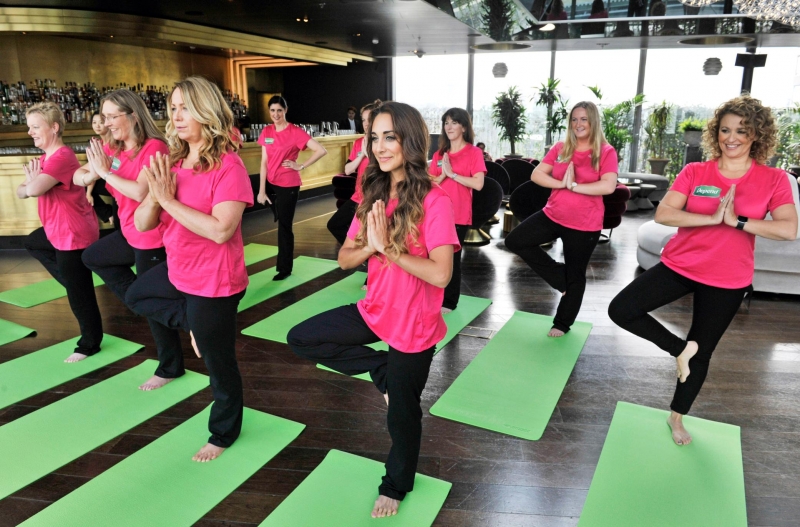
Photo: Adrian Brooks/Imagewise
“There are many ‘embarrassing’ conditions that in medicine we are constantly trying to normalise to ensure patients engage with us,” says Dr Kayat. “For example; blood in stool, bleeding after sex and erectile dysfunction. The same needs to be done in the case of incontinence.
“British women are willing to put up with something that could be helped with the appropriate incontinence products, such as Depend Active-Fit underwear. I truly believe that if women support each other, there will be more conversation, giving women the knowledge and access to appropriate products to help manage their symptoms.”
Not talking about their bladder issues isn’t just preventing women from getting practical advice, but also leading to further problems as psychologist Honey Langcaster-James explains.
“By keeping their experiences of incontinence quiet, women are isolating themselves in a way, because even when they spend time with others they know that they have a secret and are not being truly authentic. They may be secretly worried about when they can get to a toilet or whether they might lose control. This can affect relationships and lead to loneliness over time.”
The stress of not being able to get to a bathroom in time when out can lead to women turning down social invitations from friends and stopping doing activities that they previously enjoyed.
“The number one thing that can be done to help women who experience bladder leakage is to open up discussion on incontinence, making it something socially acceptable and less shameful or embarrassing to talk about. It’s important that women know they are not alone.”
What to do if you experience incontinence…
- Speak to your GP – they’ll be able to advise you on the possible causes and give you advice to help manage your symptoms.
- Obesity is a risk factor for women developing bladder leakage, so losing weight can help prevent the onset or help relieve symptoms of incontinence.
- Strengthening your internal abdominal and pelvic floor muscles can help. Pelvic floor health is essential to prevent and reduce both urine and bowel leakage.
- If you experience bladder leakage, you may be inclined to decrease your fluid intake. But to keep your bladder healthy, you should stay hydrated.
- Speak to a close friend or family member, explain how your incontinence affects you and what they might be able to do to support you when you’re out.
- Consider carrying an incontinence product with you to give you more confidence when you’re out.
This blog is sponsored by Depend. Visit depend.co.uk for more information, free samples and join their online community where women can gain support, stories and advice from each other.
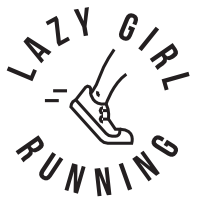


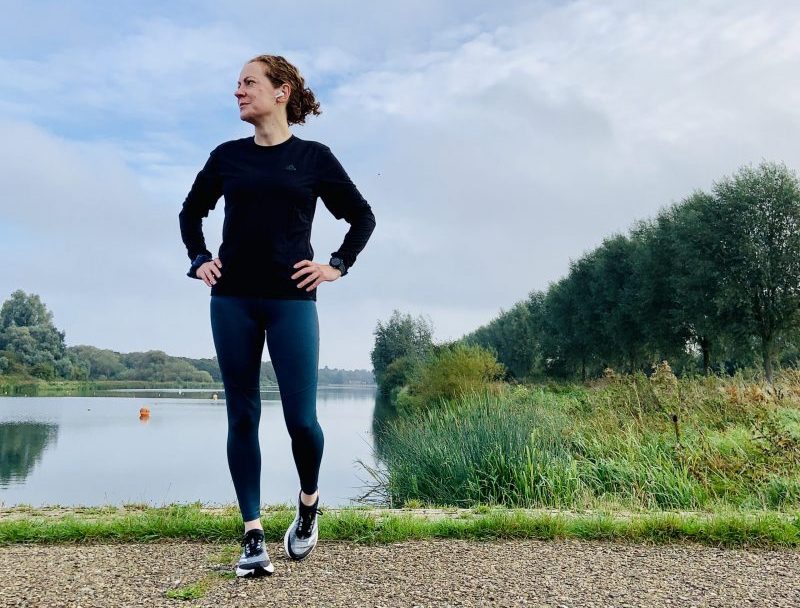
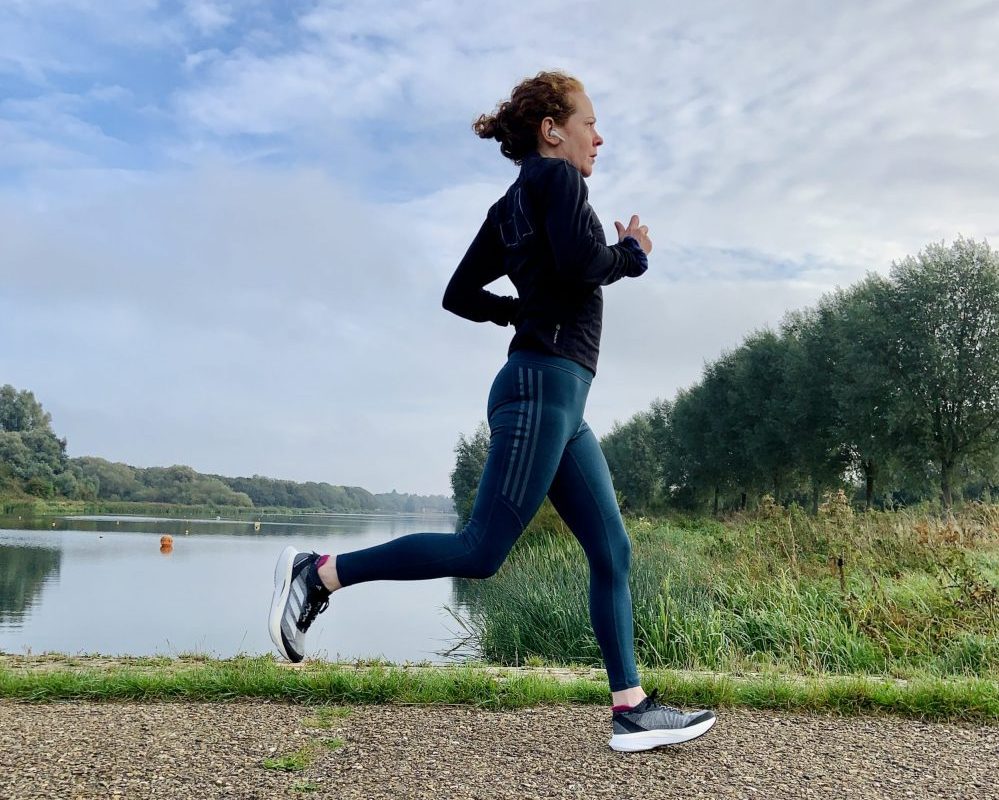
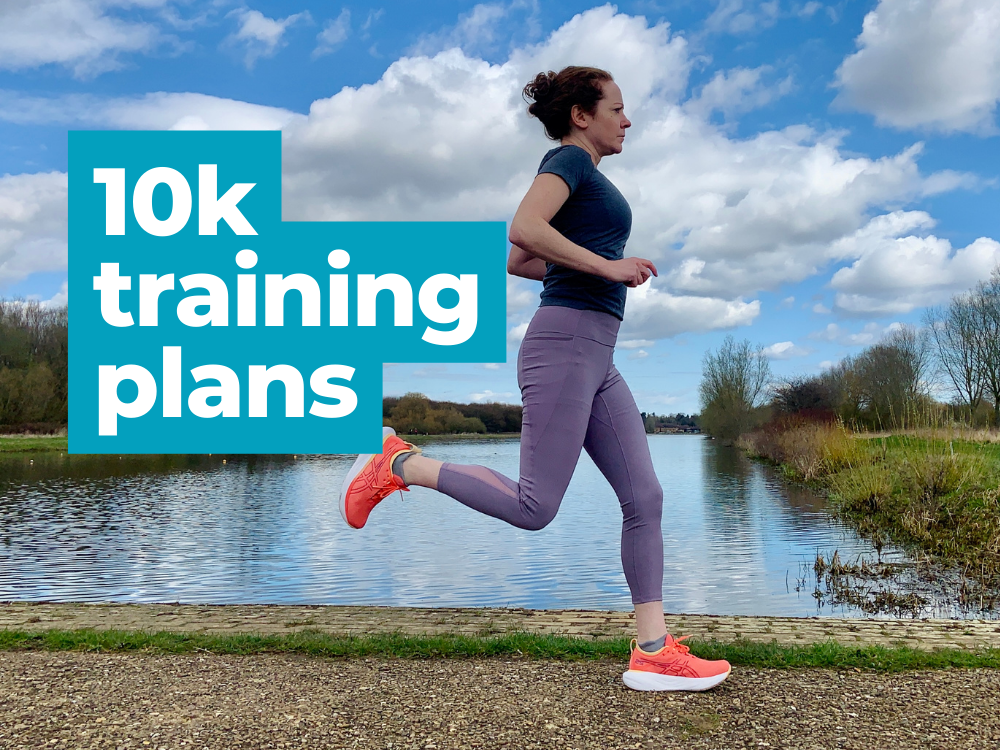
Good read, good work, enjoyed it thankyou.